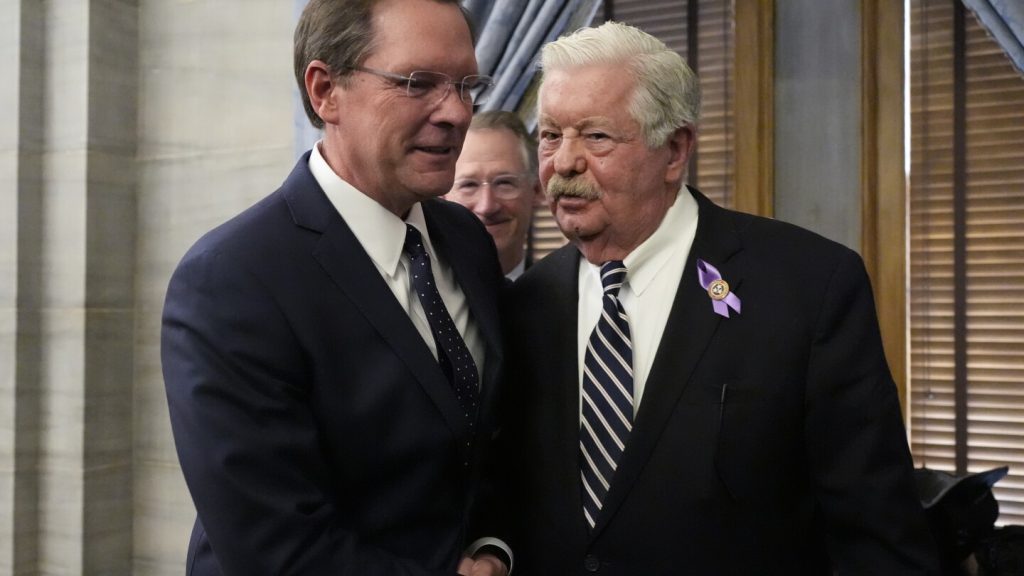Election officials in Memphis have decided to pull three gun control questions from the November ballot following threats from top Republican state leaders to withhold state funding. The decision came after Tennessee’s election coordinator Mark Goins sent a letter to the Shelby County Election Commission, stating that the gun control measures violated state laws and could not be placed on the ballot. House Speaker Cameron Sexton and Senate Speaker Randy McNally had issued a funding ultimatum, leading Goins to emphasize that Memphis officials had no authority to propose such amendments to the city’s charter. Concerns were also raised about the city not following proper public notice procedures for the referendum.
Shelby County Administrator of Elections Linda Phillips stated that they would follow the state election coordinator’s guidance in running the elections, and would respect any final decision made by the courts if the City of Memphis chose to challenge the interpretation. Earlier in the year, the Memphis City Council approved a proposal to ask voters to amend the city charter to require permits for carrying handguns, ban the possession of AR-15 style rifles, and implement a red flag ordinance allowing for the removal of firearms from individuals deemed a danger to themselves or others. Despite knowing that their measures could conflict with Tennessee’s gun laws and risk backlash from the Republican-dominated Legislature, council members proceeded with the proposal.
The Republican lawmakers and Governor of Tennessee had previously passed permitless carry for handguns in 2021 and banned local governments from implementing red flag laws in May of the current year. Calls for gun control measures have increased following a tragic school shooting in Nashville. The continued push to include the gun control questions on the Memphis ballot led to threats of withholding state funding from top Republican officials. Secretary of State Tre Hargett also warned that his office would not approve the ballot if the gun initiatives were included. Memphis received nearly $78 million in state sales tax revenue last year and currently operates on an $858 million budget.
In response to the Legislature’s ultimatum, Memphis Mayor Paul Young stated that guns pose a unique risk in Memphis, and collaboration with the state is needed to address community safety. He emphasized that the next steps would be determined by the voters and the legislative branches. Senate Speaker McNally praised the election commission’s decision, commending their recognition that the county cannot supersede state law. Concerns over crime rates in Memphis have been a point of contention between the city’s Black leaders and the white-majority Legislature. Record-breaking homicides and burglaries in 2023 raised doubts about the city’s management of crime. However, preliminary figures for the first half of 2024 show a decrease in reported crime categories compared to the previous year.
State Rep. Justin J. Pearson, representing a Memphis district, expressed disappointment over the election commission’s decision, calling it “dangerous for democracy.” He criticized the Shelby County Election Commission for yielding to what he described as authoritarian actions from the state’s Republican leadership. Pearson, who was briefly expelled from the Legislature for protesting the lack of action after the Nashville school shootings, hoped the city council would pursue legal action. The decision to remove the gun control questions from the ballot has ignited tensions between Memphis leaders and the state Legislature, highlighting the complex relationship between local and state governments in addressing public safety concerns.















